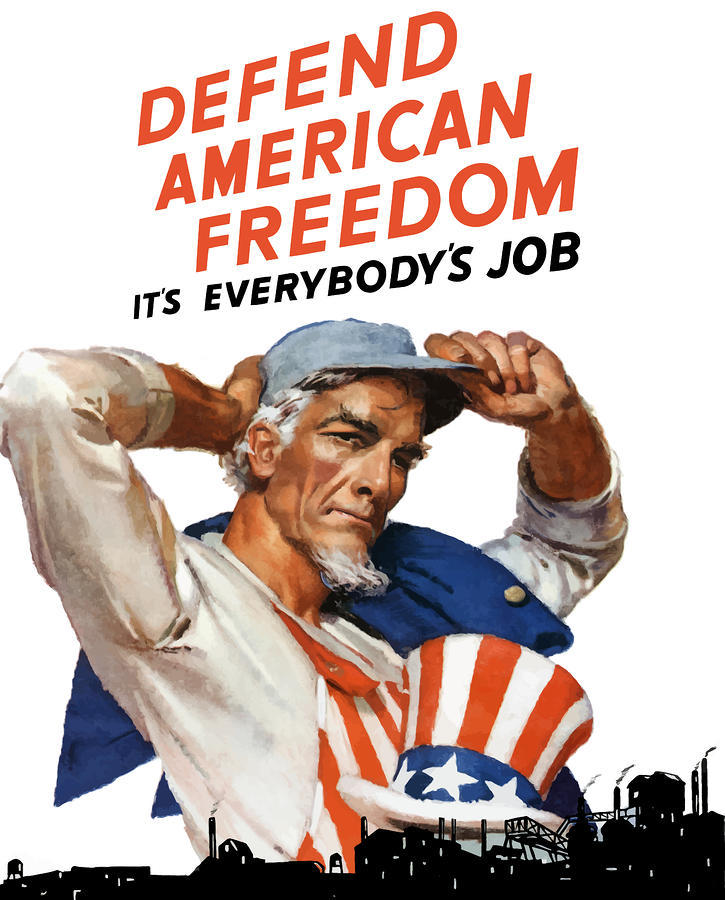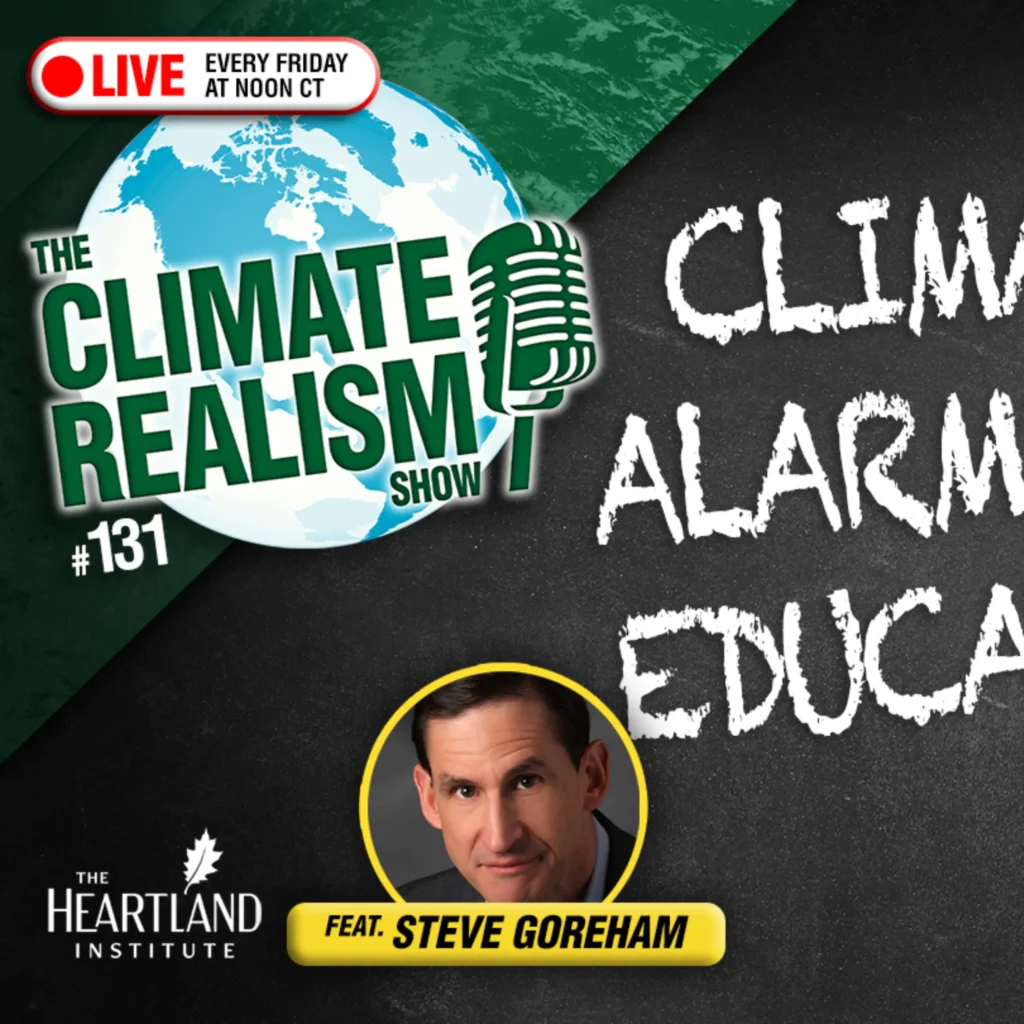Some commentators are saying the November 2011 presidential election represented a “tipping point” toward socialism, economic depression, and cultural collapse. I call this the “woe is us” crowd. They are talking about stockpiling food and guns and maybe even leaving the country. I’m disappointed too, but I respectfully disagree with them about what the election really meant.
Nothing Changed
America is no different today than it was before the election, really. The election proved only that a liberal incumbent president who puts his mind to it can raise $1 billion, spend it on negative ads and sophisticated get-out-the-vote efforts, and beat a passive Republican opponent. The GOP’s losses in the House and Senate were minor and won’t affect the balance of power. Conservatives actually made some advances at the state level that make the future look brighter there.
The political barriers to President Barack Obama getting his way since 2010 are still there: a Republican-controlled House, Republican opposition in state legislatures, and a business community able to sue in the courts to slow down or stop burdensome regulations. Even with Obama in the White House, Obamacare won’t get implemented in any form that resembles the legislation, Dodd-Frank will be litigated and evaded and partially repealed, “cap and trade” is dead, and a compromise will be reached to avoid some or all of the fiscal cliff.
Going Forward
A Romney victory would have given conservatives a champion in the White House (maybe), but with Democrats in control of the Senate he would not have been able to repeal Obamacare or implement much of the conservative agenda. One thing is for sure: He and the GOP would have been blamed for a recession had one occurred during his administration, and one would have been likely given the unsustainable monetary and fiscal policies that are propping up the current slow recovery.
Instead, we’ll get slow or no growth for four years and political gridlock in Washington. The Democrats will own four years of municipal and state bankruptcies, high unemployment, and constant battles over raising the debt ceiling.
The real opportunities for progress during the next four years are at the state level. Republicans now control 30 governor’s mansions and all three branches of state government in 24 states. More governors will follow the lead of Scott Walker, Bobby Jindal, and Mitch Daniels and reform public pensions and collective bargaining, expand parental choice in education, and cut spending and taxes. Some of these governors may run for Senate in 2014. One of them is likely to be the next president.
If the states are going to be the most important political arena during the next four years, then The Heartland Institute is the most influential think tank in the country, because communicating with the nation’s 7,300 state legislators is what we do best.
The Next Four Years
Here’s what The Heartland Institute is planning to focus on during the coming four years:
- Take on the environmental movement. The environmental movement is arguably the best funded and most popular of the interest groups composing the left today. They raise and spend billions of dollars a year, a fair amount of it coming from governments and duped donors. They are relentlessly partisan, acting like a branch of the Democratic Party.
Their agenda includes a carbon tax, new regulations on fracking and mining, enacting or maintaining current state renewable energy portfolios, sending billions of dollars in subsidies to renewable energy firms, and bringing an end to coal-powered generation. We need to take them on and beat them on each of these public policy issues.
- Tax and entitlement reform. In 2008, exit polls showed a majority of voters thought McCain was more likely to raise taxes than Obama, a testament to McCain’s failure to communicate and the mainstream media’s refusal to report Obama’s actual views. This year the same thing happened: Voters thought Romney would raise taxes on middle-income families and spare the rich, while Obama would do the opposite.
This issue should be our moat, castle wall, and missile defense against the left all rolled up into one. Public opinion is on our side, GOP control of the U.S. House gives fiscal conservatives control over the purse strings, and a strong performance burnishes the GOP’s brand as being anti-tax.
- Stop Obamacare. Obamacare is the linchpin of the left’s plan to transform America. Pull this pin, and the wheels come off its wagon. We have some key advantages: The wagon, as designed by legislation cobbled together by Democrats, is missing key parts. The public opposes Obamacare, despite the silence of, or even promotion of Obamacare by, insurers, drug companies, and groups such as AARP.
Our campaign to stop implementation is taking place at three levels: at the state level by blocking state insurance exchanges and Medicaid expansion, at the congressional level by preventing funding of federal exchanges and passage of legislative fixes, and in the courts by preventing the IRS from trying to fix the law without legislative approval.
- Transforming K-12 education. Romney lost the youth vote 60/40 to Obama. Avoiding a repeat of this performance in 2016 and beyond requires many things, but none of them is more important than introducing competition and choice into the country’s K-12 schools. When the government runs the schools that 95 percent of students attend, why would we expect fewer than 95 percent of young adults to be programmed to vote Democrat?
Parents shouldn’t have to homeschool in order to avoid liberal indoctrination of their children. We need to create a competitive marketplace for schools by using vouchers, tax credits, and charter schools. The past two years saw a major expansion of school choice programs around the country; we need to continue to push for bigger and less-regulated choice programs in 2013 and beyond.
The Heartland Institute is already a leader in each of these areas. Our senior staff and fellows – including Peter Ferrara, Benjamin Domenech, James M. Taylor, Herbert Walberg, and Jay Lehr – are nationally and even internationally known for their strong free-market views and influence on public opinion.
I Need Your Help
This is the perfect time for you to make a contribution to The Heartland Institute. It’s likely that capital gains taxes will be hiked in 2013 and possible that charitable tax deductions will be capped or disallowed altogether. Giving now could produce significant tax benefits.
A generous contribution now to The Heartland Institute would be a timely investment in freedom. The rest of this issue of QPR describes an exceptionally productive quarter for the organization. I hope you have a chance to read it through, and share with me your thoughts and advice.





